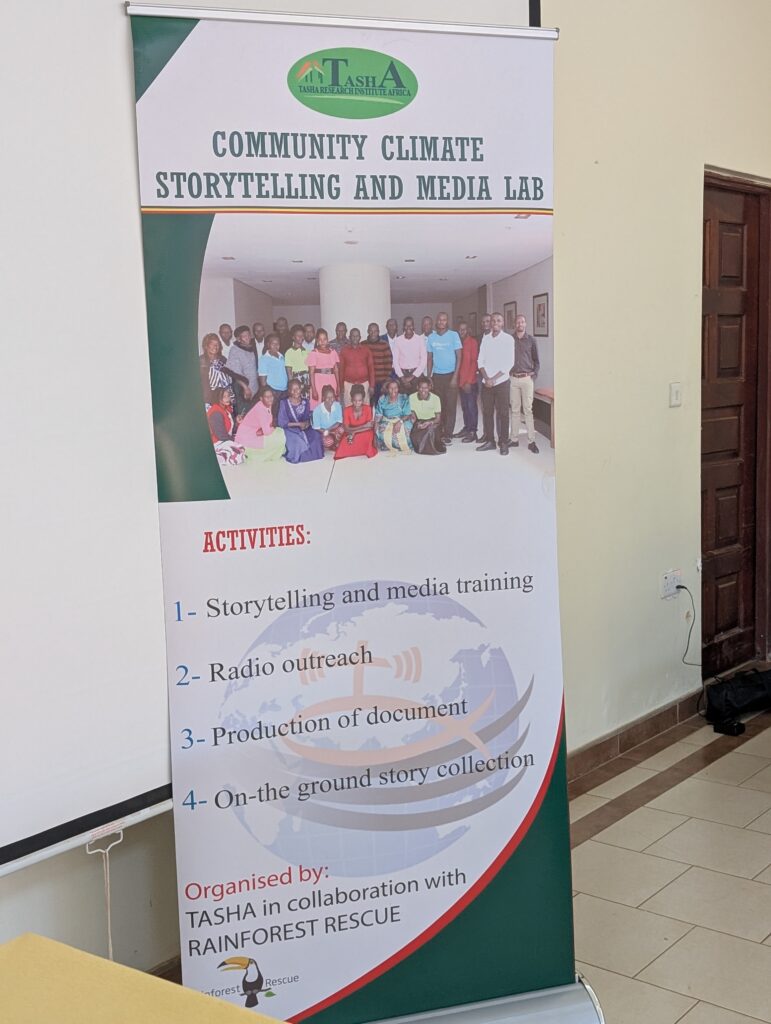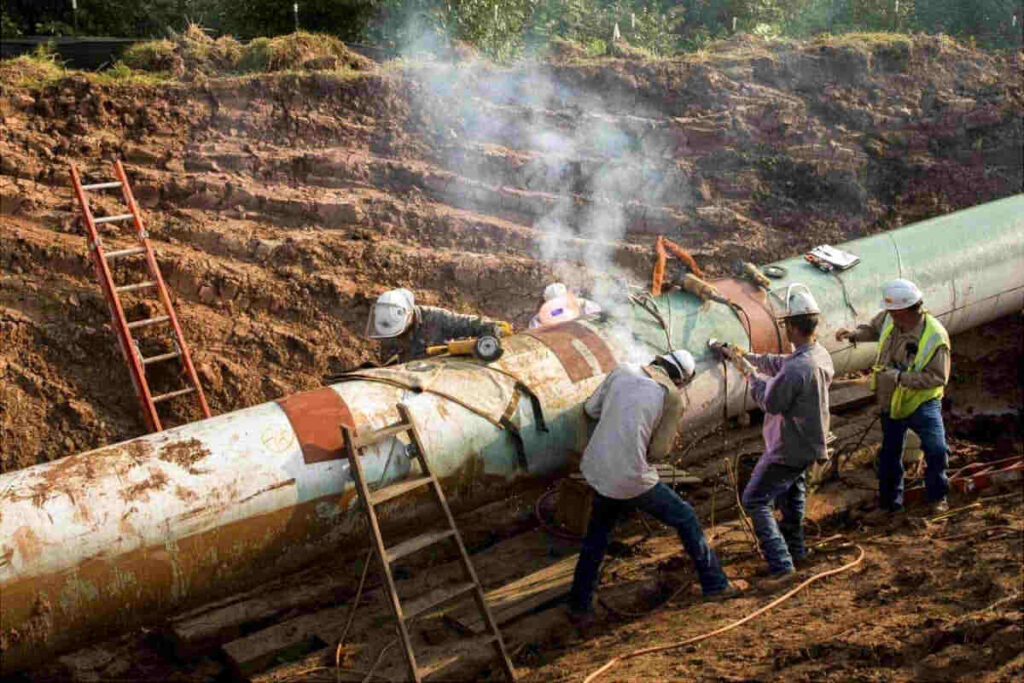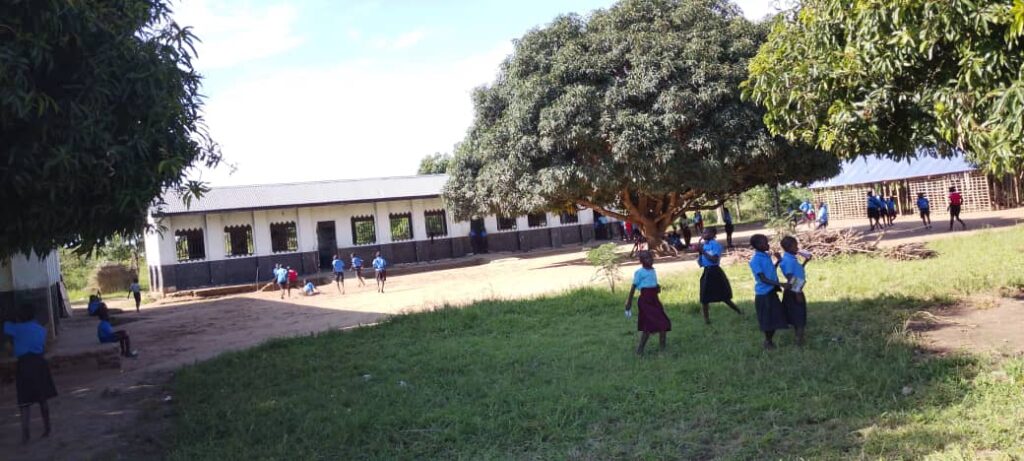It started with a letter.
On April 27, 2025, eleven young Ugandans walked into KCB Bank’s offices in Kampala with nothing more than a petition and a plea: stop financing EACOP—the East African Crude Oil Pipeline. They were calm, peaceful, and unarmed. Their only weapon was truth.
They left in handcuffs.
Dragged before the Buganda Road Magistrates Court that same day, they were slapped with charges of criminal trespass—a charge so hollow it echoed. These were not criminals. They were students, climate defenders, and citizens exercising their constitutional right to speak out against a fossil fuel project that threatens Uganda’s land, water, people, and future.
Then began the real punishment: not the trial, but the wait.
Their first bail hearing was a circus. On May 8, the court refused their release, not because the state objected—it didn’t—but because of “poorly drafted LC1 letters.” Bureaucratic nonsense was suddenly enough to deny young people their freedom. A legal technicality became a prison sentence.
When their third hearing came around on May 27, there was no ruling, no hearing, no justice. The magistrate and prosecutor had better things to do—they were off at a symposium. Meanwhile, the eleven sat in Luzira Maximum Security Prison, locked away from their families, futures, and freedoms for daring to question the oil economy.

Activists at the Nakawa Chief Magistrates Court before their return to Luzira Maximum Security Prison on June 12th 2025
Nearly seven weeks behind bars—not for breaking laws, but for challenging power.
Make no mistake: this is the state’s message, loud and clear. If you speak against EACOP, we will silence you. If you organize, we will criminalize you. If you resist, we will crush you. And they are using the courts, the police, and a decaying justice system to do it.
This isn’t about justice. It’s about fear—fear of a rising generation that refuses to inherit a scorched earth, fear of a movement that sees through the lies of “development” when it means displacing tens of thousands, devastating ecosystems, and pumping 34 million tons of carbon into the atmosphere every year.
And it’s not new. The Uganda Police Force has made harassment of protestors routine, predictable—even expected. They raid. They intimidate. They detain without consequence. What’s new is how boldly the judiciary has joined in, using delay, absence, and excuses to drag climate defenders through a slow, grinding punishment.
Let’s call it what it is: state-sanctioned repression. A war on dissent in the name of crude oil.
At Tasha Research Institute, we refuse to be silent. We stand in unshakable solidarity with the #EACOP11—the brave young Ugandans who have shown more integrity in their resistance than this entire pipeline project has shown from day one.
Their fight is our fight. Their courage is our call to action.
We demand the immediate and unconditional release of all charges. We demand an end to the routine abuse and criminalization of protestors. And we demand accountability from the judiciary and the police for weaponizing the law against those who dare to dream of a livable future.
This is not over. Because if Uganda has chosen to turn peaceful protest into a crime, then resistance must become a duty.



